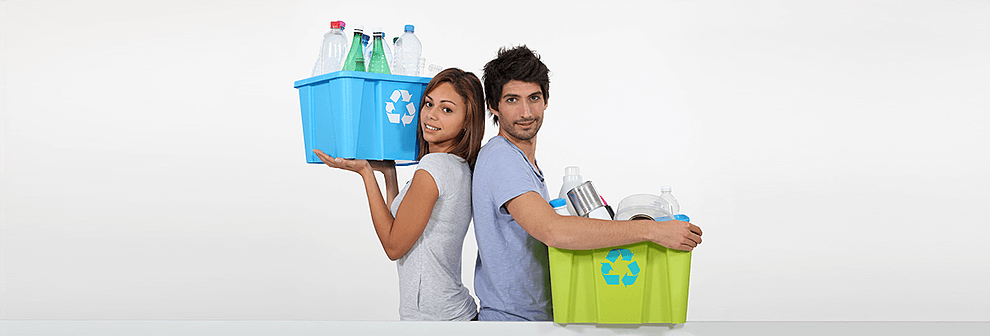Responsible Disposal of Air Conditioners & Summertime E-Waste
Posted on 01/08/2024
Summertime is a season of outdoor activities, fun in the sun, and for many of us, blasting our air conditioners to beat the heat. However, this increase in air conditioner usage also means an increase in their disposal come the end of summer. And with the rise of e-waste due to technology constantly evolving, it's more important than ever to properly dispose of both air conditioners and other electronic devices. In this article, we will explore the consequences of improper disposal of these items and provide tips on how to responsibly dispose of them.
The Consequences of Improper Disposal
When it comes to air conditioners, many people don't realize that they contain a refrigerant called hydrochlorofluorocarbon (HCFC) which is harmful to the environment. If these chemicals are not disposed of properly, they can leak into the atmosphere and contribute to ozone depletion. Additionally, air conditioners also contain other components such as metals, plastics, and hazardous materials like mercury and lead, which can pose a threat to human health and the environment if not disposed of correctly.
E-waste is another growing concern when it comes to disposal. According to the United Nations University (UNU), nearly 50 million tons of e-waste is generated worldwide each year. The improper disposal of electronics can lead to toxic substances seeping into soil and water sources, polluting the environment and posing risks to both humans and animals.

Tips for Responsible Disposal
Now that we understand the consequences of improper disposal, it's important to know how we can be responsible when it comes to getting rid of our unwanted air conditioners and electronic devices.
1. Contact Your Local Recycling Center: Many municipalities have designated recycling centers where you can drop off your old air conditioner or e-waste. These centers have specialized equipment that safely removes any hazardous materials from these items.
2. Look for a Certified E-Waste Recycler: When getting rid of your electronic devices, make sure to look for a certified e-waste recycler. These companies have the necessary permits and knowledge to properly dispose of e-waste without harming the environment.
3. Donate or Sell: If your air conditioner or electronic device is still in working condition, consider donating it to a local charity or selling it online. This not only keeps it out of landfills but also gives it a second life.
4. Check with the Manufacturer: Some manufacturers have take-back programs where they will recycle old devices for free or offer discounts on new ones when you bring in your old model. It's worth checking with them before disposing of your item.
The Pros and Cons
While responsible disposal may require more effort and resources, there are significant benefits to properly getting rid of air conditioners and e-waste.
Pros:
1. Protects the environment from harmful substances.
2. Prevents pollution of soil and water sources.
3. Reduces the need for mining of raw materials.
4. Promotes responsible consumption habits.
5. Creates job opportunities in the recycling industry.
Cons:
1. Can be time-consuming and inconvenient.
2. May come at an additional cost.
3. Limited options for disposal in some areas.
4. Lack of education and awareness on responsible disposal.

Takeaways
As we enjoy our air conditioners and other electronic devices during summertime, we must also remember that we have a responsibility to properly dispose of them when they are no longer needed. By following these tips for responsible disposal, we can help protect the environment and preserve our planet for future generations.
In Conclusion
We all have a role to play in protecting our planet, and responsible disposal is one small but crucial step towards this goal. As individuals, we must be mindful of how we get rid of our electronic devices and seek out responsible recycling options. Let's take action to reduce e-waste and limit the harmful impact on our environment. Remember, responsible disposal starts with each and every one of us.
Latest Posts
UK's Environmental Issues: Waste Dumping
Effortless Household Recycling Ideas






